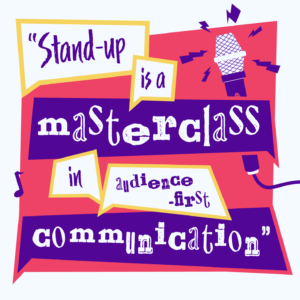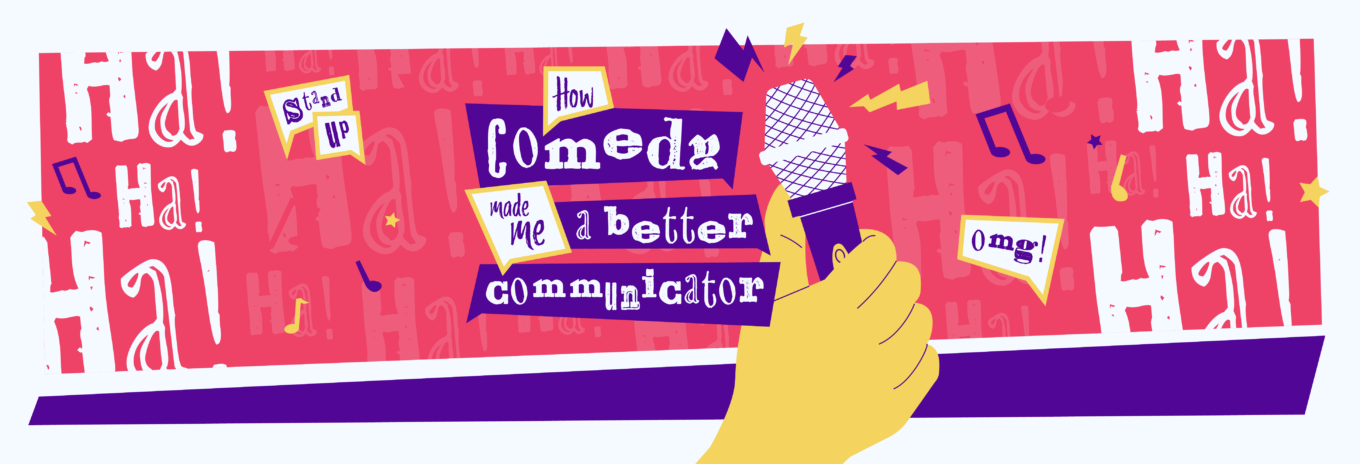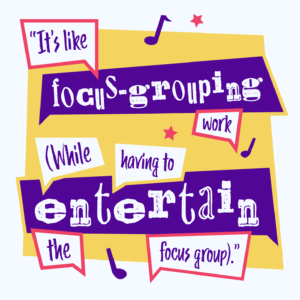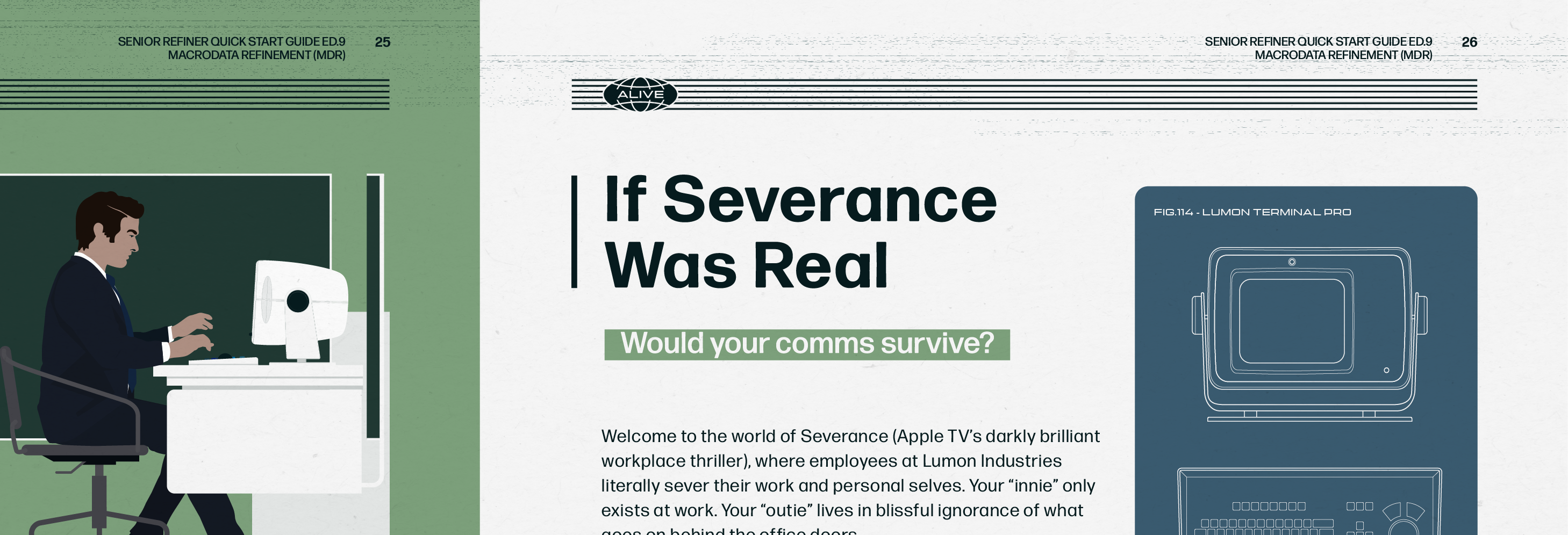When I first tried out stand-up, on a course in a London comedy club in January 2020, I had no idea of the effect that it would have upon my writing process. Stand-up is a masterclass in audience-first communication.
Like most people, I was under the illusion that stand-up is a spontaneous artform, that every comedian I’ve ever seen live on a stage is just getting up there and winging it for their allotted time. In reality, very few work like that. There’s writing behind that performance, more or less depending on who it is, if they enjoy writing and how much they like improvising in front of an audience.
My background is in writing; after an English degree, I was a journalist in newsrooms for 12 years. While I’ve spoken on a lot of stages, pitched a load of stories in meetings and chatted away on numerous podcasts for the sake of journalism, none of that is quite the same as stand-up.
Balance between preparation and improvisation
I’ve found that I like to have a structured, highly-written set before I get up there for my 5, 20 or even 60 minutes – but that I can’t, and shouldn’t, learn a script. That wouldn’t feel right for stand-up. I have to know my material, then slightly forget it again: to get loose, to keep a little air in there so that it’s not a monologue, but a live performance that has room for audience interaction.
There’s a balance between preparing a set that contains certain words I have to say for the jokes to work, with the need to deliver the set as a one-time, personalised live performance that works with this audience, in this room, with this energy. Or doesn’t work, whatever, I’ve died a death or two onstage, it’s unavoidable.
‘Dying’ on stage actually helps 
The best time I ‘died’ onstage – that is, having to carry on delivering my set to a very quiet room who didn’t laugh much – was in front of a sold-out audience. Why were they all there? Not to laugh, apparently! What was going on with that audience?
I’ll never really know. I just had to accept the reception I got that night. It spurred me on to make some edits, rehearse a bit more, and the next night was much better – one of my best gigs. Same show, same venue, 24 hours later, but a new audience. It’s like focus-grouping work (while having to entertain the focus group).
How saying the words out loud helps my written work
Stand-up has changed how I write. Now, I read everything out loud, and edit where I stumble. That leads me to use the shorter, more obvious word to get my message across clearly. I need my sets and my live shows to be highly-structured so that I don’t forget what comes next, and go off-piste. Rather than rigidly learning and delivering a script, I remember the beats I need to hit, how one set of jokes, images and / or a storytelling interlude gets me from this topic to the next one.
I bring this thinking to my other writing too, including copywriting and content. Ideally, those sorts of pieces should sound friendly, like word-of-mouth, as though a person whose company you enjoy is asking you to take action. When writing copy and content for a reader I may never meet, I still need to persuade them of something.
I take lessons from doing stand-up in front of people, gauging their reactions from their laughter, from the thrumming quiet in the room as they listen to the storytelling connective tissue between the funny bits, or indeed from their silent shifting in their seats if it’s not working for them. I’ve learned not to fear this reaction, but to take it as a possible sign to edit, to try again, and, if I must fail once more, to fail better. It’s like writing in front of my editors: terrifying and exciting and incredibly helpful, all at the same time…
By Suchandrika Chakrabarti for Alive!


















